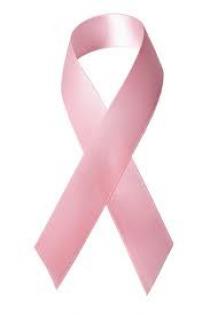Here's a different way to help breast cancer research. Join Register4, an initiative of the National Breast Cancer Foundation, which is an online community of people interested in participating in research.
Register4 - doing something positive for women’s health:An initiative of the National Breast Cancer Foundation - and a great way to help do something.
Date: October 21 2012

Rather than researchers spending precious time and money searching for volunteers, Register4 helps deliver a pool of potential volunteers instead. This helps cut staff time and costs in identifying and recruiting suitable volunteers which means more grant funding can go into medical research where it is most needed.
The register is looking for participants from all walks of life and from right around Australia. You have to be 18 years or over; you don't have to have had breast cancer; and men are welcome too - although there are fewer opportunities for men to participate in research.
Register4 is modelled on a register called Army of Women that was established in the US four years ago. So far, Army of Women has successfully recruited all of the required particpants for more than 18 breast cancer research studies and has reduced the recruitment lead time to as low as 24 hours in many cases.
Even though relatively new, Register4 has already had a similar impact.
"For a recent research project we ran using Register4, we were able to recruit 600 participants in less than two weeks," said Professor John Hopper of the University of Melbourne.
"Before the inception of Register4, identifying this number of participants would have taken several years. In addition to the speedy recruitment, Register4 makes it easier to identify particular types of family histories and rapidly engage with families using the internet.
Earlier this month, Professor Hopper released research findings on behalf of the Australian Breast Cancer Family Study which revealed that the risk of breast cancer for the relatives of women diagnosed with the disease at a young age depends on the type of breast cancer. Register4 is now helping Professor Hopper explore these findings further by opening up a new round of recruitment for up to 400 participants.
“The new research shows that, for the immediate relatives of women with early-onset breast cancer, their risk of breast cancer has been exaggerated for one-third of the cases observed. On the other hand, their risk has been underestimated for one sixth of cases observed – it all depends on the type of breast cancer diagnosed."
Further information
|
||||||||||||||||||||||||||||||||||||







 Agree (0)
Agree (0) Disagree (
Disagree (








__small.png)










